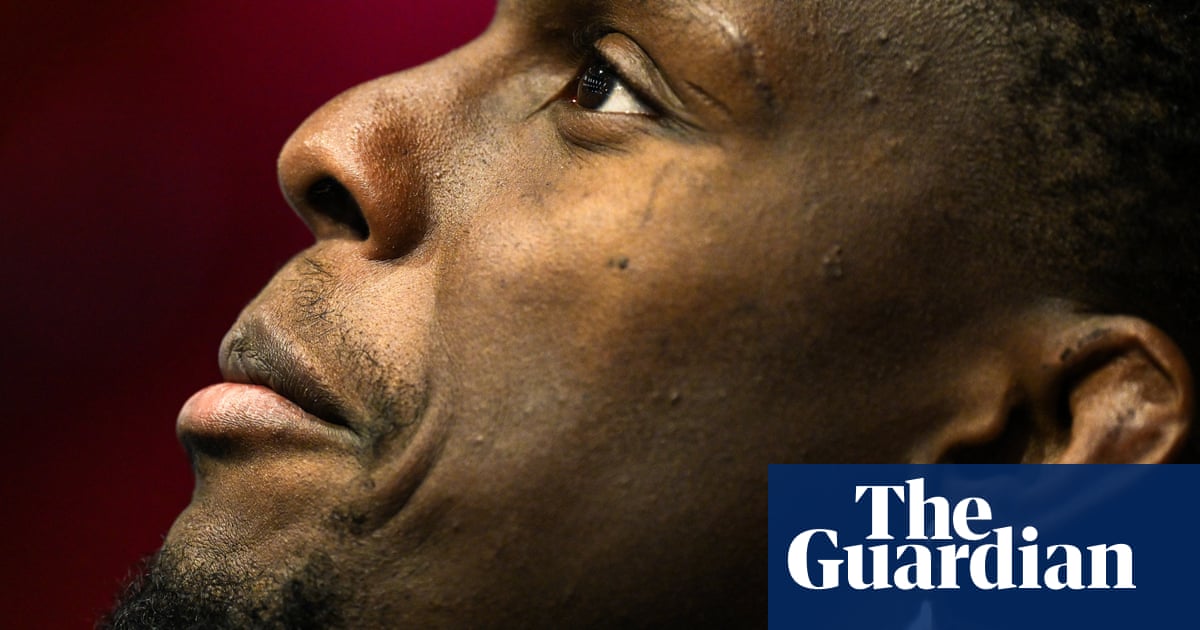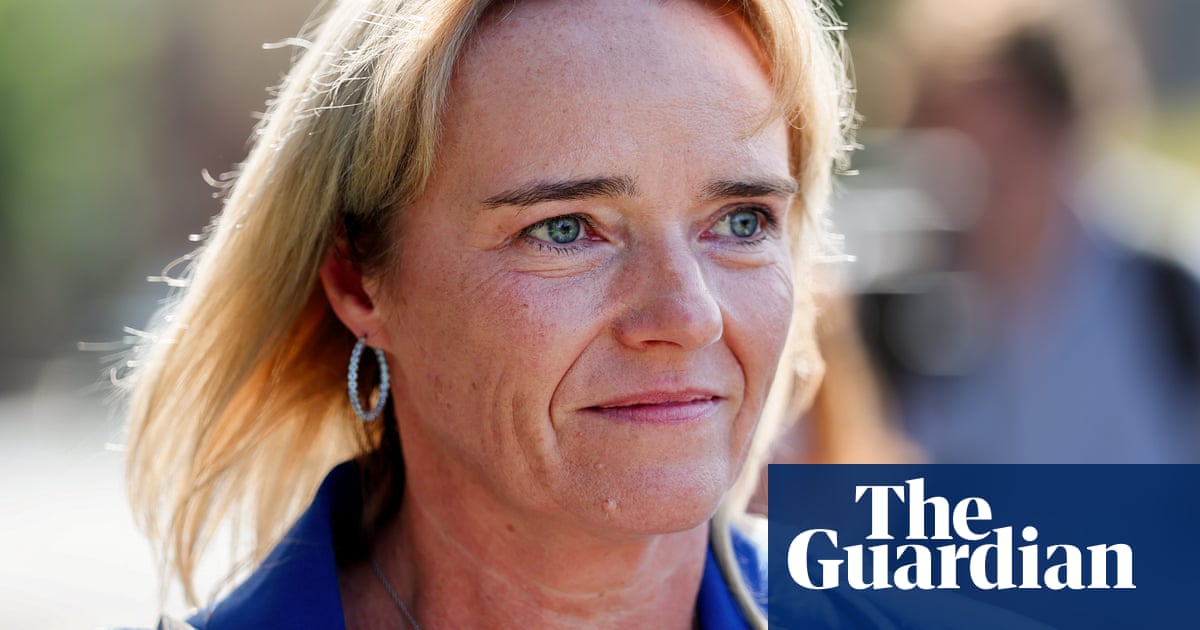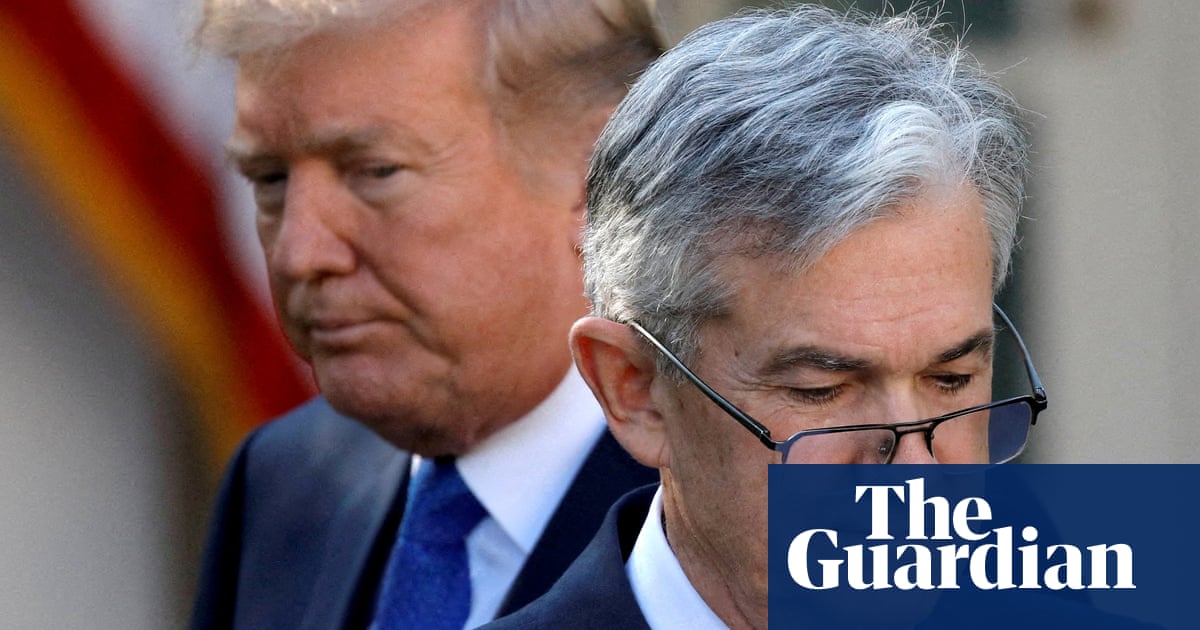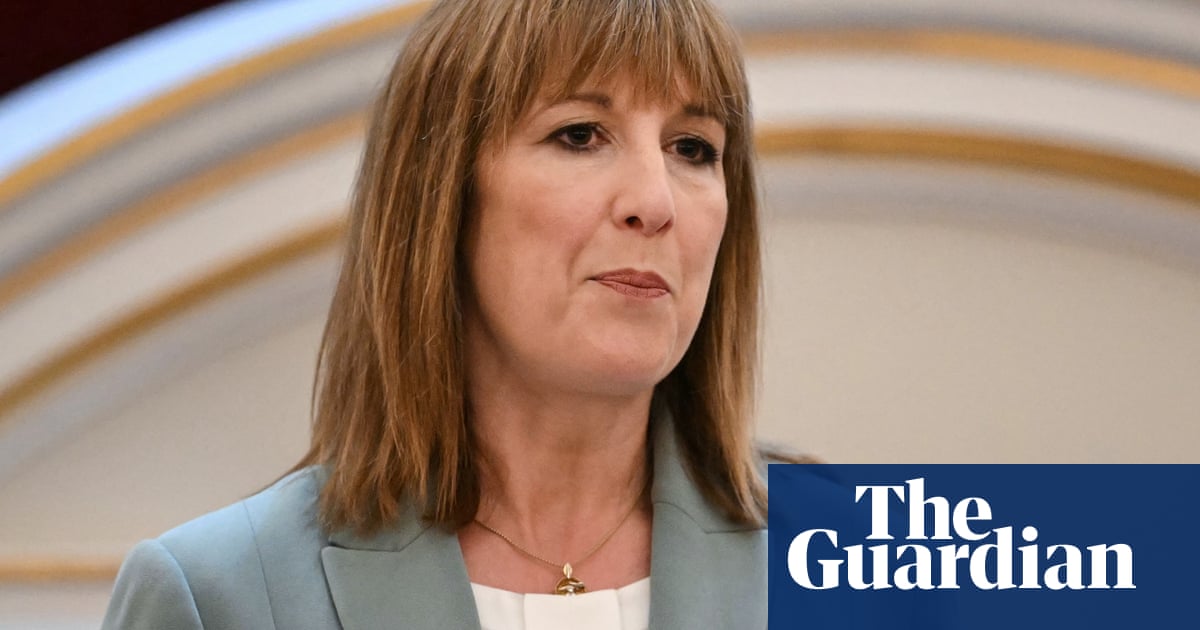A popular maxim on the American right is that politics is downstream from culture. In the UK, it increasingly feels like politics is simply downstream from the US. With Reform UK ascendant in the polls, Nigel Farage – officially MP for Clacton, unofficially Donald Trump’s emissary to the UK – is setting the terms of the national conversation, and he is importing them directly from across the pond.
Over the past few months, Reform has sought to launch “Doge” initiatives (referencing Elon Musk’s department of government efficiency), waged war on DEI (diversity, equity and inclusion) employment schemes, and called for the UK government to embrace crypto and create a bitcoin digital reserve at the Bank of England, following Trump’s lead. It seems the Brexiteers were right: Britain doesn’t make anything any more – not even its own bogeymen.
Reform’s repeated attacks on DEI are particularly striking because DEI doesn’t technically exist in the UK. The equivalent framework is called EDI (equality, diversity and inclusion), and it is nowhere near as prominent as Reform seems to think. At the national level, Reform has claimed that cutting such equality and diversity schemes could save central government £7bn a year – according to 2022-23 figures, the real figure is £27m. Farage nonetheless insists that the British left “obsess about DEI and spend plenty of public money on it”. After Reform’s success at the local elections in May, he warned that all those working in diversity for Reform-controlled councils “better be seeking alternative careers very, very quickly”. But the sought-after image – woke council members walking out of county hall with their redundancy boxes while ordinary, hardworking Britons applaud the return to common sense – is unlikely to materialise. A recent investigation by the Guardian found that in Reform’s 10 councils, the total number of jobs connected to equality and diversity amounts to fewer than five full-time positions and accounts for about 0.003% of their combined budget.
Under Trump’s presidency, Doge has vastly overestimated the scale of its government savings – in one notable instance it misfiled an $8m saving as an $8bn one – and DEI has been blamed for everything from a plane crash in Washington to wildfires in California to inflation. A sober assessment of the pros and cons of DEI initiatives – the benefits they can bring to companies, their approach to systemic inequalities that can be superficial box-ticking – has nothing to do with the rightwing backlash against them. Republicans aren’t looking for alternative solutions, because attacking DEI gives them everything they need: a way to foment resentment against state bureaucracy, the left, marginalised groups and minorities – appealing to xenophobia and serving capitalist interests at the same time.
Why ape US ideas so transparently, especially in a country where even many on the right are repulsed by Trump? One possible answer lies in semantics. Perhaps the hope is that DEI will sound like something new and scary to Britons who are no longer moved by mentions of previous bogeymen such as “political correctness”, “the bureaucrats in Brussels” and “the woke mob”, just as Doge will sound slicker and more exciting than “austerity” despite in practice meaning the same thing: stripping local councils down to their barest components – consistent with Westminster’s orders for the past 15 years. But shiny US branding will not make cuts any easier. An analysis of Reform’s 10 councils by PoliticsHome found that almost 80% of their combined spending is now taken up by social care and homelessness.
Another explanation, however, is that Reform’s rhetoric is the symptom rather than the cause of a broader Americanisation of the British right. It is telling that Farage’s greatest asset in trying make DEI mean something has been GB News, itself a knockoff of Fox News, which has tirelessly warned of DEI’s evils – in the NHS, the army, the civil service and so on. (“It’s exasperating the number of hours I have wasted on various online ‘training packages’ on DEI topics,” an anonymous “senior soldier” revealed in a GB News exclusive, giving Britons a sense of what’s at stake.)
GB News also recently announced plans to expand its coverage to the US with a nightly show about American politics from September. “We’ve seen time and again this year that a decision made on one day in Washington DC is felt the next day in Washington, Tyne and Wear,” GB News’s editorial director, Michael Booker, explained. Paul Marshall, the billionaire hedge fund manager who co-owns GB News, has deepened ties between the UK and US right through other ventures as well, such as UnHerd and the Alliance for Responsible Citizenship. Last year, after buying the Spectator, he also came close to purchasing the Telegraph with the help of Ken Griffin, an American billionaire who is one of the Republicans’ biggest donors.
Marshall’s son Winston, a former banjoist for Mumford & Sons, is now a podcast host based in the US. At a recent press conference in Washington, he asked whether “the Trump administration would consider asylum” for citizens affected by the UK’s “free speech issues”. Trump’s press secretary said she would look into it.
The special relationship forming between the UK and US right is tainted by the stark imbalances in wealth and power. Take away the vast wealth of its financial centre in London and the UK is poorer than each of America’s 50 states. The attempts by the British right to import panic about DEI and dynamism through Doge reflect a desire for inclusion and imagining that the UK and the US are in it together.
It’s clear what Farage gets from this – the good graces of a US president who wants to be king and prizes sycophancy in his court above all – but the benefits to UK voters are naught. Farage has repeatedly declared his intention to give the British ruling classes a reality check through his success, implying that he alone knows what the UK wants. “I don’t think the Westminster politicians and journalists even get what’s going on out there,” he said in a recent TikTok video. But the references to DEI and Doge should remind us that he hasn’t a clue either.
-
Samuel Earle is the author of Tory Nation: How One Party Took Over

 4 hours ago
1
4 hours ago
1

















































